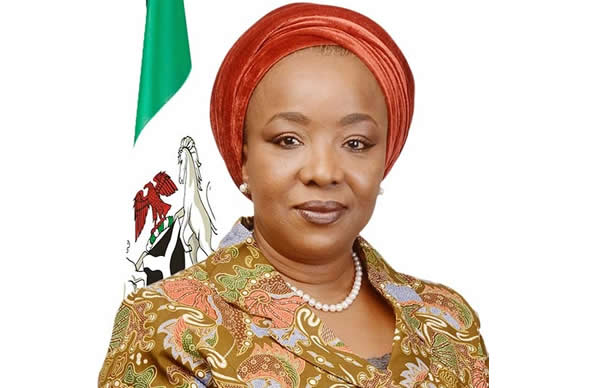
The bidding process for the cleanup of 37 additional oil-polluted sites in Ogoniland in the Niger Delta region has commenced, the Federal Government announced on Monday.
The Minister of State for Environment, Sharon Ikeazor, who disclosed this at a press briefing in Abuja, stated that the exercise started in January this year and that 5,354,766 cubic meters of land would be remediated.
She said, “In 2019, contracts for 21 lots were awarded for remediation, these covered 12 of the 65 listed sites in the UNEP (United Nation Environment Programme) report. These lots covered an area of 276 acres.
“To date 18 of these lots have been completed and certified by NOSDRA (National Oil Spill Detection and Response Agency. Three of the lots are currently undergoing the certification process and one lot is still undergoing remediation.
“An additional 29 lots were awarded for remediation of eight sites in February 2020. The area covered is 289 acres. Six of these sites have been completed and certified by NOSDRA, while two outstanding sites at Bdere and Ogale are above 60 per cent completion of which we are accelerating.”
Ikeazor added, “As of January 2022, bidding for additional 37 hydrocarbon impacted sites is in progress. Total volume of contaminated soil to be remediated is 5,354,766 cubic meters over an area of about 314 acres.”
In 2006, the UNEP conducted an independent assessment of hydrocarbon pollution in Ogoniland based on the demand of the Federal Government.
The environmental assessment of Ogoniland as contained in the UNEP report was submitted to Federal Government in 2011 and the cleanup was flagged off by the President, Major General Muhammadu Buhari (retd.), in June 2016.
The governing council and board of trustees of the Hydrocarbon Pollution Remediation Project (for the management of Environmental Restoration Fund for Ogoniland) were inaugurated in August 2016 and the project coordinator’s office was established in 2017.
Ikeazor stated that the ministry was accelerating the remediation project and expanding on the livelihood programme of the hydrocarbon impacted communities.
Ikeazor said, “In the World Climate Change Vulnerability Index Nigeria is classified as one of the 10 most vulnerable countries in the world. This poses a serious threat to poverty eradication and sustainable development in general.”
Copyright PUNCH.
All rights reserved. This material, and other digital content on this website, may not be reproduced, published, broadcast, rewritten or redistributed in whole or in part without prior express written permission from PUNCH.
Contact: [email protected]




